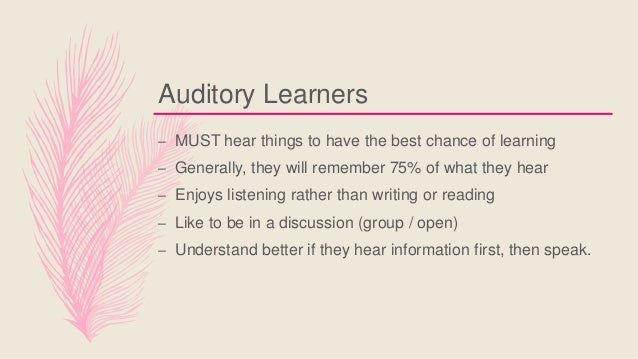
In fact, knowledge-building is non-existent.
There's no bridge between old and new concepts. 
Students must use memory games and techniques to make the repetition stay put in their mind.Rote memorization takes the fun out of learning something new.The question remains - are they actually learning something or simply memorizing it to pass an exam? The disadvantages of rote memorizationĬramming large amounts of specific details and facts may quickly become a laborious task for many students.
Older students can play Sudoku or Memorado - both are free to try. Playing new memory games such as picture bingo or ten-card memory recall may also help students strengthen their rote memorization skills.
Students who discover rote memorization study strategies may find that they'll be able to increase the speed at which they're able to remember and hold information. This level of training helps boost memory-retention capability. Rote learning is a type of "mental training" that helps students with future learning opportunities as they progress through subsequent grades. However, the longer they keep this information in their mind, the greater the chance it will become part of their long-term memory. Memorized data stays within the student's short-term memory. Students often feel a sense of accomplishment when they remember everything they memorized, whether it's poetry or multiplication tables.Ĭonsider these benefits of rote learning: Rote memorization has several key benefits that could help students expand their learning capabilities. Critical thinking skills do not have the chance to develop with memorizationĮducators should incorporate some rote learning with other teaching methods to help their students remember valuable information. It doesn't encourage students to grow, explore, and think out of the box. Promotes short-term memory instead of long-term recall. No use of social skills during rote learning. More disadvantages associated with rote memorization include: Some educators believe memorization limits students' options and doesn't promote questioning and thinking. Rote learning has been shown to change the brain's structure and improve its ability to retain information for longer periods of time.  It's a type of brain exercise that enhances neuroplasticity, improves memory and changes the way your brain works. Purposeful rote learning tends to 'stick' more in students' minds vs. It has been effective in helping students learn basic mathematics like multiplication tables because: Rote learning has its own set of advantages and disadvantages. Rote memorization and rote learning are interchangeable terms that mean the same thing. However, if students attempt to memorize shorter passages and numbers, it helps them to recall the information at a later date. The human brain is incapable of memorizing large amounts of data at once. Breaking down information into smaller easier-to-digest chunks. Some students are visual learners, while others hold on to information better through audio means such as in-person lectures. Learning through the use of all five senses. It can help them remember smaller details during exams. Audio learners find this method of rote memorization easy to use. Everywhere you turn, there are reminders posted in various sections of your home to help you remember key points. There are several rote memory techniques that may help your students to remember most or all of what they've attempted to memorize: As students transition into higher grades, multiplication charts and times tables are frequently learned through memorization. Two simple examples of rote learning include memorizing the alphabet and numbers.
It's a type of brain exercise that enhances neuroplasticity, improves memory and changes the way your brain works. Purposeful rote learning tends to 'stick' more in students' minds vs. It has been effective in helping students learn basic mathematics like multiplication tables because: Rote learning has its own set of advantages and disadvantages. Rote memorization and rote learning are interchangeable terms that mean the same thing. However, if students attempt to memorize shorter passages and numbers, it helps them to recall the information at a later date. The human brain is incapable of memorizing large amounts of data at once. Breaking down information into smaller easier-to-digest chunks. Some students are visual learners, while others hold on to information better through audio means such as in-person lectures. Learning through the use of all five senses. It can help them remember smaller details during exams. Audio learners find this method of rote memorization easy to use. Everywhere you turn, there are reminders posted in various sections of your home to help you remember key points. There are several rote memory techniques that may help your students to remember most or all of what they've attempted to memorize: As students transition into higher grades, multiplication charts and times tables are frequently learned through memorization. Two simple examples of rote learning include memorizing the alphabet and numbers. 
Rote memorization requires the use of repetition to keep information in the brain.







 0 kommentar(er)
0 kommentar(er)
